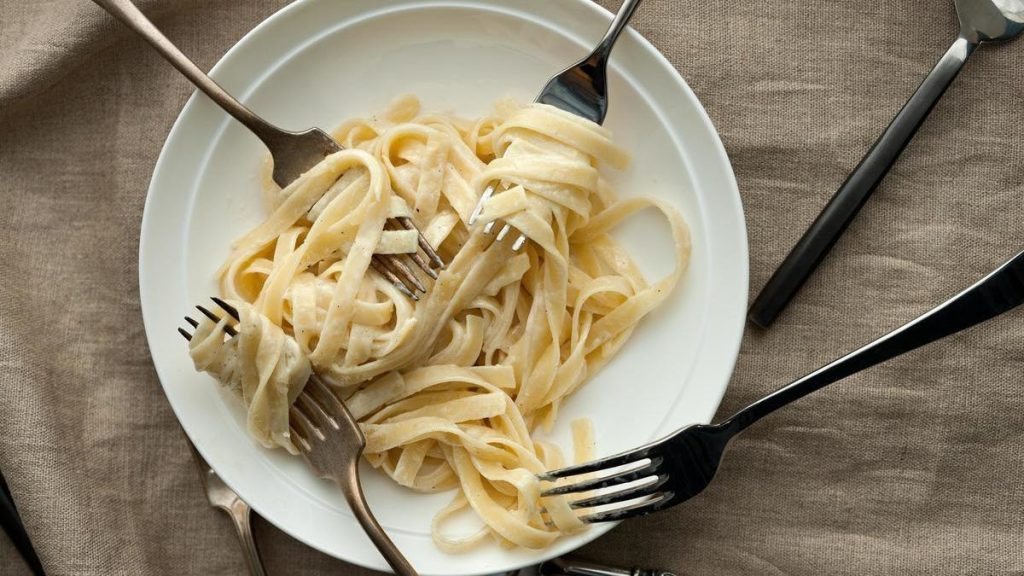When it comes to making pasta, many amateur cooks are unaware of the proper techniques and myths surrounding the art of creating the classic Italian dish. Chef Filippo De Marchi emphasizes the importance of timing and the correct water-to-pasta ratio in achieving the perfect pasta. He debunks myths such as throwing pasta against a wall to test doneness, adding olive oil to prevent sticking, and the belief that fresh pasta is always superior to dry pasta.
De Marchi recommends scooping out a single strand of pasta to taste for doneness instead of throwing it against a wall. He also advises against adding olive oil to the water, as it does not effectively prevent sticking. The chef suggests using plenty of water, stirring the pasta regularly, and using the appropriate pot size to ensure even cooking. Additionally, he explains that the choice between fresh and dry pasta depends on personal preference and the type of sauce being used.
Leaving the lid off the pot while cooking pasta helps prevent water from boiling over and allows steam to escape, resulting in a controlled cooking process. Serving pasta al dente, or slightly firm to the bite, is essential for achieving the ideal texture. De Marchi recommends following the cooking instructions on the pasta box and tasting the pasta to determine if it needs more time. Adding salt to pasta water is important for flavor absorption, but it does not speed up the boiling process.
The chef emphasizes the benefits of leaving some moisture on the pasta after draining, as it helps sauces adhere and promotes a cohesive and flavorful dish. He advises against running cooked pasta under fresh water, as it removes the starchy coating that aids in sauce adhesion. Pre-cooking lasagna sheets is not always necessary, especially when using a sauce with sufficient moisture. De Marchi encourages a simple and stress-free approach to pasta preparation, allowing the magic to happen in the oven during the baking process.


